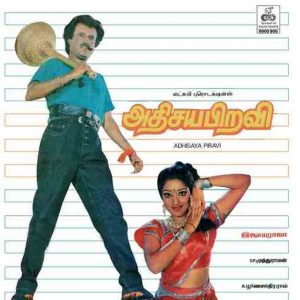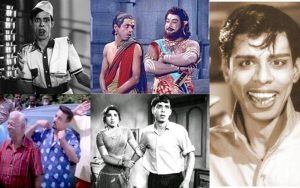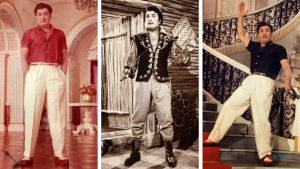Golden Age of Malayalam Cinema- 1. Mathilukkal
“We live in a box of space and time. Movies are windows in its walls. They allow us to enter other minds, not simply in the sense of identifying with the characters, although that is an important part of it, but by seeing the world as another person sees it.”
~ Roger Ebert
There is a common myth (to an extent which I thought too) that the film that requires huge budget/money being invested or the movie that involves complex visual effects technologies or the one that requires lots of human efforts, is the one that is tough to make. Of late, when I started to revisit the classics that I have missed before, felt that the ones that are so simple or the ones that’s mirroring the lifestyle or capturing the so-called mundane activities (going by the common term “art films” or “realistic cinema”) are the ones that are toughest to capture, because there is a thin line upon which these movie travel, if they tend to deviate the audience would claim them to be boring. Among such movies, I started exploring Malayalam golden age period (70s and 80s ) and the contributions of prolific writers to the movement. That is how, I stumbled upon “ Vaikom Muhammad Basheer” and Adoor Gopalakrishnan’s ‘Mathilukal’. (first movie of Adoor that I saw)
Set in pre-independence era, it’s not described in the movie. But we learn through Basheer’s conversation, a writer who is arrested for writing/protesting against the rulers. There has been no trail for the charges and he goes on a hunger strike as advised by the police inspector (who likes Basheer’s writing) and upon which a trail happens and he is imprisoned for 2 ½ years. He is treated with dignity by everyone, ranging from common man to police officers and the jail warden too.

There is this beautiful scene where the jail mate who delivers meals to Basheer daily, questioning the bondage of the strict jail warden to him. For which Basheer replies, “Am I not free to live amicably with everyone”. That’s the heart of a writer who wants to spread love/kindness to whoever that seeks. Also, his love for flowers (particularly rose) and the scenes where he grows and interacts with them are so poetic. He also comes across his old friend, who was jailed before and the recollect their beautiful childhood memories.
When there is an order that the political prisoners are to be released immediately. Basheer oozes with joy and the freedom he was craving for quite a while. He bids adieu to his friend and the fellow inmates, only to learn that his name is being missed in the release list from the jail official. Basheer becomes upset and longs for the freedom. When he is working near the wall of Ladies block, he happens to hear a beautiful voice across the other side. He learns that it was Narayani and she knows Basheer already because of his love for flowers. They connect immediately and start interacting regularly across the wall. They started loving each other. Narayani throws a stick in the air, which acts a signal that she is waiting for Basheer who is in the other side of the wall. The day when they plan to see each other in the hospital, Basheer is being informed that he is being released. Basheer reacts in anguish that he doesn’t need this freedom and there is a shot that the stick is being thrown in the air on the other side of the wall.
Mammukka literally gets under the skin of Basheer, which is an understatement. Right from the first shot till the end, he portrays the character of tender writer who spreads happiness to whoever he interacts or gets connected. Also, the simple emotions and the behavior which he showcased, shows us that he demands our attention for his performance. No wonder, he was awarded the National award that year.
As I said in the first segment, capturing the simple emotions and also the lifestyle is the toughest thing to pull out, Adoor Gopalakrishnan, the master craftsman excels in it. Mathilukal, is a must watch for its purity.









